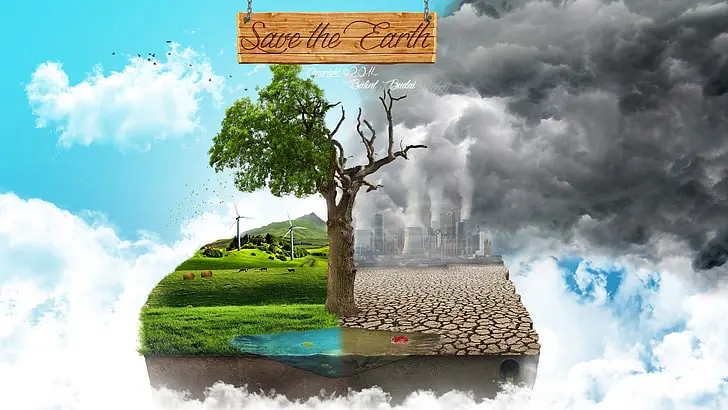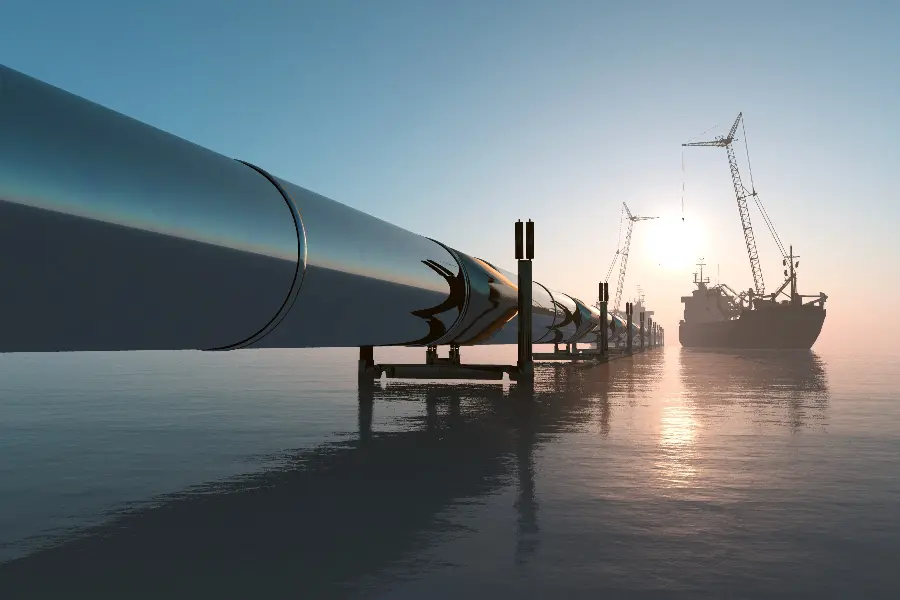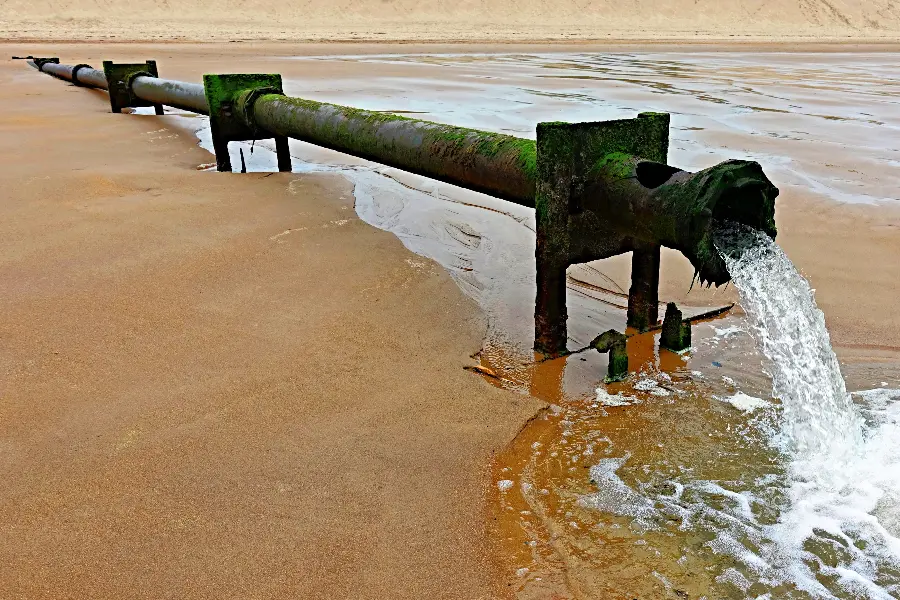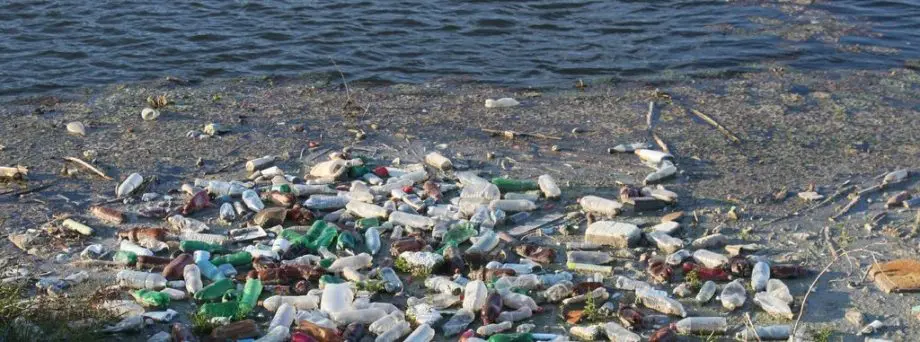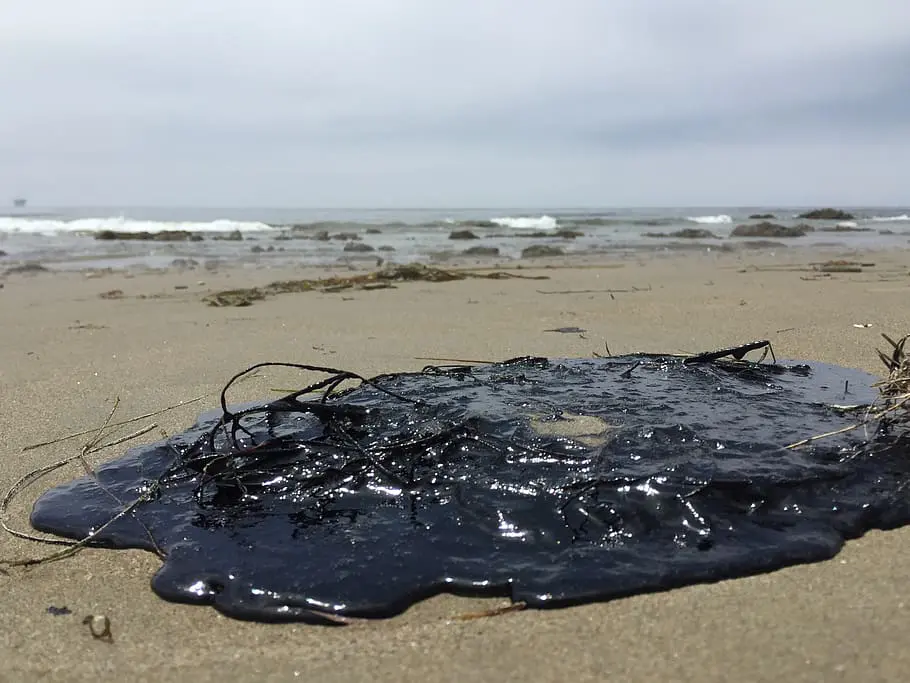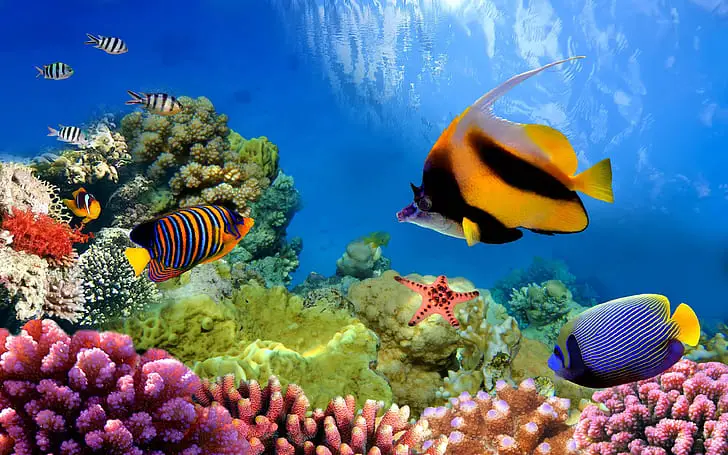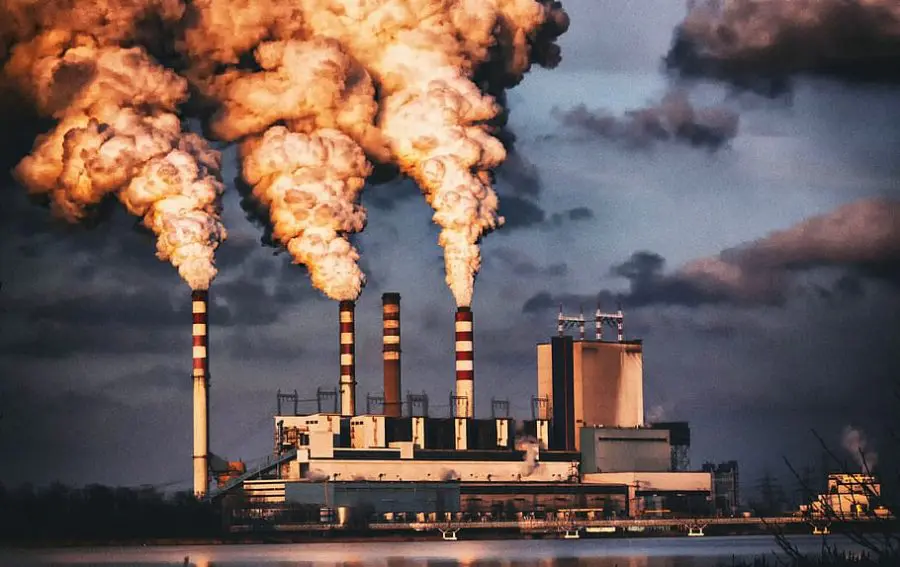
Discover why we should care about pollution in our everyday lives. Learn about its impact on health, the environment, and society, and how we can make a difference.
Ever wondered, why should we care about pollution? It’s a question that crosses our minds as we walk through bustling city streets or when we see smog-filled skies.
Pollution, in its many forms, is an unwelcome guest in our lives, impacting our health, the environment, and even our economy.
But why should we care? Well, because it’s about us, our loved ones, and the world we want to live in. Let’s dive in and explore this pressing issue together.
Why Should We Care About Pollution?
Have you ever paused to think, why should we care about pollution? It’s not just about hazy skies or littered streets, it’s much more than that.
From the air we breathe to the water we drink, pollution touches every aspect of our lives.
In this post, we’re going to delve into the impacts of pollution on our health, the environment, and even our wallets.
We’ll also explore the social implications of pollution and discuss some effective solutions.
So, let’s embark on this journey to understand why caring about pollution is not just important, but absolutely essential for us and future generations.
Definition of Pollution and Its Various Forms
Let’s start by understanding what we mean by ‘pollution’. In simple terms, pollution is the introduction of harmful materials, known as pollutants, into the environment.
These pollutants, which can be either natural or created by human activity, cause imbalances and harm to our ecosystems, our health, and our quality of life.
There are several types of pollution, each with its own causes and consequences.
Air pollution, for example, is caused by things like car emissions, industrial processes, and even the burning of trash.
It can lead to respiratory issues and contributes to global warming.
Water pollution, on the other hand, happens when harmful substances like industrial waste, plastics, and oil spills end up in our oceans, rivers, and lakes, threatening marine life and our own access to clean water.
Land pollution involves the contamination of the earth’s surface, often due to waste disposal and agricultural chemicals.
Noise and light pollution, while less talked about, also have significant impacts on both human and animal life.
Brief Overview of the Importance of Caring About Pollution
So, why should we care about pollution? Well, the answer is pretty straightforward.
Pollution, in all its forms, directly affects our well-being and the health of the planet we call home.
It’s not just about the smoggy skies or the litter on our streets, it’s about the quality of the air we breathe, the water we drink, and the soil in which our food grows.
Caring about pollution means caring about our health. Numerous studies have linked pollution to a range of health issues, from asthma and other respiratory diseases to heart disease and even cancer.
But it’s not just about us. Pollution also threatens the survival of countless species, disrupts ecosystems, and accelerates climate change.
Moreover, pollution has significant social and economic implications.
It often disproportionately affects disadvantaged communities and can lead to substantial financial costs, from healthcare expenses to the cleanup of polluted areas.
In a nutshell, caring about pollution is about caring for our health, our communities, our economy, and our planet.
It’s about ensuring a safe and healthy world for future generations. And that, my friends, is something worth caring about.
The Impact of Pollution on Human Health
As we delve deeper into our discussion on pollution, it’s time to focus on a topic that hits close to home: the impact of pollution on human health.
It’s easy to dismiss pollution as an ‘out there’ problem, something that affects the environment but doesn’t really touch us.
But the truth is, the effects of environmental pollution on our health are real, direct, and in some cases, quite severe.
From the air we breathe to the water we drink, pollution finds its way into our bodies, often with harmful consequences.
So, let’s pull back the curtain and take a closer look at how pollution impacts our health.
Indoor Air Pollution: An Invisible Threat
While we often think of pollution as an outdoor problem, the air inside our homes, offices, and other buildings can also be polluted and pose a significant health risk.
This poor air quality is known as indoor air pollution.
Sources of indoor air pollution can vary greatly but often include things like tobacco smoke, cooking and heating appliances, volatile organic compounds (VOCs) from household products, and biological factors like mold and pet dander.
Inadequate ventilation can increase indoor pollutant levels like carbon monoxide by not bringing in enough outdoor air to dilute emissions from indoor sources and by not carrying indoor air pollutants out of the area.
Health effects from indoor air pollutants may be experienced soon after exposure or, possibly, years later.
Immediate effects of household air pollution may include headaches, dizziness, fatigue, and aggravated allergy symptoms.
Long-term effects, which often occur after repeated, long-term exposure, can include respiratory diseases, heart disease, and cancer.
The good news is that there’s a lot we can do to reduce indoor air pollution.
This includes improving ventilation, maintaining appliances properly, controlling humidity levels, and making conscious choices about the products we bring into our homes.
By taking these steps, we can help ensure the air inside our homes is clean and healthy, protecting ourselves and our families.
Air Pollution and Its Effects on Respiratory Health
Let’s start with air pollution, a silent yet potent threat to our health.
Picture this: every time we inhale, along with the oxygen we need, we’re also breathing in tiny particles and gases released from factories, motor vehicles, and power plants.
Over time, these pollutants and greenhouse gas emissions can cause or worsen respiratory conditions like asthma and bronchitis.
Even more concerning, long-term exposure to certain air pollutants, such as fine particulate matter and ground-level ozone, can lead to more serious health issues like chronic obstructive pulmonary disease (COPD) and even lung cancer.
Young children and the elderly are at greater risk. Today forest fires can blanket large areas with smoke and fine particulate matter. It’s a sobering thought, isn’t it?
Water Pollution and Diseases Associated with It
Next up is water pollution. Our bodies are about 60% water, so the quality of the water we consume directly affects our health.
When harmful substances like industrial waste, pesticides, and plastics contaminate our water sources, they can cause a range of health problems.
Drinking or even just bathing in polluted water can lead to diseases like cholera, dysentery, and typhoid fever.
Moreover, certain pollutants, like lead or mercury, can accumulate in our bodies over time, leading to serious health issues including neurological damage.
Land Pollution Leading to Harmful Chemicals in Food Sources
Land pollution, while often overlooked, is another significant concern.
When we pollute the soil with harmful chemicals, whether through industrial waste, improper disposal of household garbage, or excessive use of pesticides and fertilizers, we’re not just damaging the earth.
These pollutants can enter our food chain when they’re absorbed by plants or consumed by animals, eventually making their way onto our plates.
This can lead to a variety of health problems, from digestive issues to more serious conditions like kidney damage and cancer.
Noise Pollution Causing Stress and Other Health Issues
Finally, let’s talk about noise pollution. While it might not seem as harmful as other forms of pollution, constant exposure to high levels of noise can have significant health impacts.
Apart from causing hearing loss, chronic noise exposure can lead to stress, sleep disturbances, and even cardiovascular issues like high blood pressure and heart disease.
So, that constant traffic noise or the loud music from your neighbor’s house isn’t just annoying, it could be harmful to your health.
In conclusion, pollution in all its forms poses a significant threat to our health.
But by understanding these impacts, we’re better equipped to take action and protect ourselves and our communities.
The Environmental Consequences of Pollution
Now that we’ve explored how pollution affects our health, let’s shift our focus to the world around us.
Pollution doesn’t just impact us as individuals. It also has profound effects on our environment.
From the smallest microorganisms to the largest ecosystems, no part of our environment is immune to the damaging effects of pollution.
Whether it’s a plastic bag drifting in the ocean, smog hanging over a city, or chemicals seeping into the soil, the environmental consequences of pollution are all around us.
So, let’s take a moment to understand these impacts and why they matter not just for the environment, but for us as well.
Destruction of Ecosystems Due to Pollution
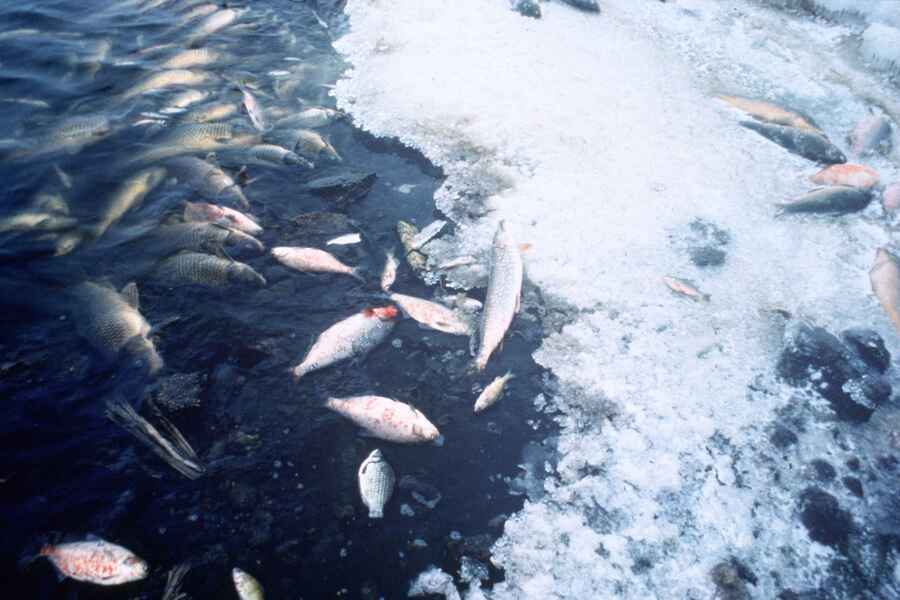
First off, let’s talk about how pollution can lead to the destruction of ecosystems.
An ecosystem is a complex network of interactions between different organisms and their environment.
When pollutants enter an ecosystem, they can disrupt these delicate interactions.
For instance, water pollution can lead to the death of aquatic organisms, disrupting food chains and leading to the collapse of entire aquatic ecosystems.
Similarly, land pollution can degrade habitats and make them uninhabitable for many species.
Impact of Pollution on Biodiversity
Biodiversity, or the variety of life on Earth, is essential for the health of our planet.
But pollution poses a significant threat to this diversity. Different pollutants can harm or kill species, leading to a decrease in biodiversity.
For example, air pollution can lead to the death of sensitive lichen species, which are often key food sources for other organisms.
Water pollution can harm or kill aquatic species, from tiny invertebrates to large mammals like whales.
Over time, this loss of biodiversity can lead to the loss of entire ecosystems.
Pollution’s Role in Climate Change
Now, let’s talk about a topic that’s been making headlines worldwide: climate change.
While there are many factors contributing to climate change, pollution plays a significant role.
Greenhouse gases like carbon dioxide and methane, which are released by burning fossil fuels, are major contributors to global warming.
These gases trap heat in the Earth’s atmosphere, leading to a rise in global temperatures.
This, in turn, can lead to a host of environmental changes, from melting ice caps and rising sea levels to more frequent and severe weather events.
Specific Examples of Environmental Damage Caused by Pollution
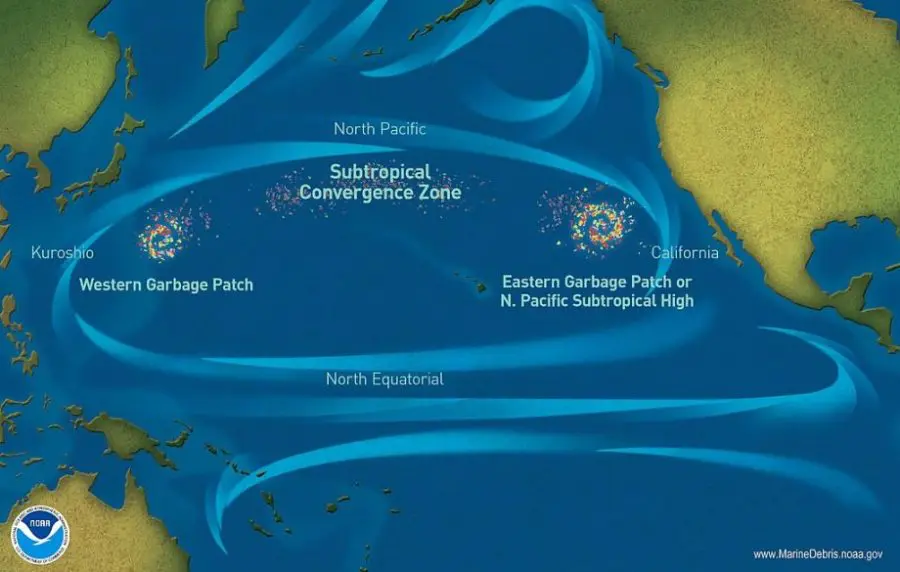
To bring this all home, let’s look at some specific examples of environmental damage caused by pollution.
The Great Pacific Garbage Patch, a massive collection of floating plastic waste in the Pacific Ocean, is a stark example of the impact of pollution on our oceans.
Air pollution in major cities around the world, from Los Angeles to Beijing, has led to dangerous smog events that harm both human health and the environment.
And closer to home, pollution in our local rivers and streams can lead to algal blooms that deplete oxygen and make the water uninhabitable for many species.
In short, the environmental consequences of pollution are vast and varied.
But by understanding these impacts, we can better appreciate the urgent need to address pollution in all its forms.
Economic Implications of Pollution
As we continue our deep dive into the impacts of pollution, let’s turn our attention to an aspect that hits us where it often hurts the most: our wallets. Yes, you heard it right.
Pollution doesn’t just affect our health and the environment—it also has significant economic implications.
From healthcare costs associated with pollution-related illnesses to the financial burden of cleaning up polluted areas, the economic toll of pollution is substantial.
So, let’s roll up our sleeves and delve into the often-overlooked economic side of pollution.
Costs Associated with Health Care Due to Pollution-Related Illnesses
Let’s start with the direct economic impact of pollution on our health.
As we’ve discussed, pollution can lead to a wide range of health issues, from respiratory diseases to heart conditions.
These health problems often require medical attention, from doctor’s visits and medications to hospital stays and long-term care.
According to the World Health Organization, the cost of health care due to pollution-related illnesses is staggering, amounting to billions of dollars each year globally. These costs can put a significant strain on both individuals and healthcare systems.
Economic Loss Due to Depletion of Natural Resources
Next, let’s consider the economic loss due to the depletion of natural resources.
Our economies rely heavily on natural resources, from the water we use in agriculture and industry to the air we need for combustion processes.
When these resources are polluted, they can become unusable. For example, water pollution can make bodies of water unsuitable for fishing or recreation, leading to economic losses.
Similarly, land pollution can degrade agricultural land, reducing crop yields and leading to economic losses for farmers.
The Financial Burden of Cleaning Up Polluted Areas
Finally, let’s talk about the financial burden of cleaning up polluted areas.
Whether it’s removing litter from streets and parks, cleaning up oil spills, or remediating contaminated soil, cleaning up pollution is a costly endeavor.
These costs are often borne by governments and ultimately, by taxpayers.
Moreover, these clean-up efforts are often only partially successful and can take years or even decades, during which time the polluted areas may be unusable and continue to pose health and environmental risks.
In conclusion, the economic implications of pollution are far-reaching and significant.
They remind us that pollution is not just an environmental issue, but also a financial one that affects us all.
The Social Aspect of Pollution
As we navigate through the impacts of pollution, it’s important to remember that it’s not just an environmental or economic issue, it’s a social issue too.
Pollution affects us all, but not equally. It often hits the most vulnerable among us the hardest, revealing deep-seated social inequalities.
From the neighborhoods we live in to the jobs we do, various social factors can influence our exposure to pollution and its effects on our health and well-being.
So, let’s take a closer look at the social aspect of pollution and why it’s an essential part of the conversation.
Inequality in Exposure to Pollution
Firstly, let’s discuss the inequality in exposure to pollution. It’s a sad truth that pollution often disproportionately affects disadvantaged communities.
Factors like income, race, and location can play a significant role in determining who bears the brunt of pollution.
For instance, neighborhoods with low incomes and communities with people of color are often located near polluting industries, busy highways, or waste disposal sites, leading to higher exposure to harmful pollutants and a negative impact.
This inequality in exposure to pollution not only poses health risks but also perpetuates social and economic disparities.
Impact on Future Generations
Next, let’s consider the impact of pollution on future generations. The pollution we create today doesn’t just affect us.
It also affects our children, grandchildren, and generations yet unborn.
From the health effects of exposure to pollutants in the womb to the long-term impacts of climate change, our pollution can leave a lasting legacy.
It’s a sobering thought that our actions today can shape the world that future generations inherit.
The Role of Communities in Combating Pollution
Finally, let’s talk about the role of communities in combating pollution.
While pollution is a global problem, many of the solutions start at the local level.
Communities around the world are taking action, from organizing clean-up events and promoting recycling to advocating for cleaner industries and stricter pollution regulations.
These community-led efforts are a powerful reminder that while pollution affects us all, we can also all be part of the solution.
In conclusion, the social aspect of pollution is a crucial part of the puzzle.
It reminds us that pollution is not just an environmental or economic issue, but also a social justice issue that requires us to consider fairness and equity in our efforts to combat pollution.
Solutions and Ways to Mitigate Pollution
Having explored the impacts of pollution, it’s time to shift our focus towards hope and action.
Yes, pollution is a significant problem, but it’s not an insurmountable one.
There are solutions and ways to mitigate pollution, and they’re within our reach.
From government regulations and technological innovations to individual actions and community initiatives, there are numerous ways we can reduce pollution and its impacts.
So, let’s roll up our sleeves and explore how we can all be part of the solution to pollution.
Government Regulations and Policies
Firstly, let’s talk about the role of government regulations and policies in combating pollution.
Governments have a crucial role to play in setting and enforcing standards for air and water quality, waste disposal, and emissions from industries and vehicles.
Policies like the Clean Air Act in the United States or the European Union’s Air Quality Standards have been instrumental in reducing pollution and protecting public health.
Moreover, governments can also promote cleaner technologies and practices through incentives and subsidies.
Technological Innovations for Cleaner Production
Next up, let’s discuss technological innovations for cleaner production. Technology can be a powerful tool in our fight against pollution.
From renewable energy technologies that reduce our reliance on fossil fuels to innovations in waste management that help us recycle or dispose of waste more safely, technological advancements can help us reduce pollution at its source.
Moreover, technologies like air and water quality sensors can help us monitor pollution levels and take action when needed.
Individual Actions to Reduce Pollution
Now, let’s talk about individual actions to reduce pollution.
While it’s easy to feel overwhelmed by the scale of the pollution problem, remember that every little bit helps.
Simple actions like reducing, reusing, and recycling, choosing public transport or biking over driving, and conserving energy and water can all help reduce pollution.
Moreover, as consumers, we can choose to support companies that prioritize sustainability and reduce pollution in their operations.
Importance of Education and Awareness
Finally, let’s discuss the importance of education and awareness in combating pollution.
Knowledge is power, and when it comes to pollution, it’s also the first step towards action.
By educating ourselves and others about the causes, impacts, and solutions to pollution, we can raise awareness, inspire action, and drive change.
Whether it’s through formal education, community workshops, or social media campaigns, spreading the word about pollution is a crucial part of the solution.
In conclusion, while the challenge of pollution is significant, so too are the opportunities for action.
By leveraging government policies, technological innovations, individual actions, and education, we can all play a part in reducing pollution and creating a healthier, cleaner world.
Why Should We Care About Pollution FAQs
As we navigate through the complex issue of pollution, it’s natural to have questions.
In fact, some of the most important conversations start with a question.
So, let’s take a moment to address some frequently asked questions about pollution. From understanding the main sources of pollution to exploring how we can help reduce it, these FAQs aim to shed light on some of the most common queries and concerns about pollution.
Q: What are the main sources of pollution?
A: The main sources of pollution vary depending on the type of pollution.
For air pollution, key sources include industrial emissions, vehicle exhaust, and the burning of fossil fuels for electricity and heat.
Water pollution often comes from industrial waste, agricultural runoff, and improper waste disposal.
Land pollution is primarily caused by waste disposal, industrial activities, and the use of pesticides and fertilizers in agriculture.
Q: How does pollution affect global warming?
A: Pollution, particularly air pollution, plays a significant role in global warming.
Greenhouse gases like carbon dioxide and methane, which are released when we burn fossil fuels, trap heat in the Earth’s atmosphere, leading to a rise in global temperatures.
This process, known as the greenhouse effect, is a major driver of global warming and climate change.
Q: What can I do to help reduce pollution?
A: There are many ways individuals can help reduce pollution.
These include reducing energy consumption, recycling and composting waste, using public transportation or biking instead of driving, and supporting companies that prioritize sustainability.
Even small actions, when multiplied by millions of people, can make a big difference.
Q: How does pollution affect animals?
A: Pollution can have severe effects on animals. Water pollution can harm or kill aquatic species and disrupt marine ecosystems.
Air pollution can affect birds and other wildlife, and even lead to the death of insects like bees, which play a crucial role in pollination.
Land pollution can degrade habitats and harm animals that ingest pollutants.
Q: Why is recycling important in controlling pollution?
A: Recycling is important in controlling pollution because it reduces the need for extracting, refining, and processing raw materials, all of which produce substantial air and water pollution.
By recycling, we can reduce the amount of waste that ends up in landfills and conserve natural resources, helping to keep our environment cleaner and healthier.
Should We Care About Pollution Conclusion
As we wrap up our exploration of pollution, it’s clear that this is a topic that touches every aspect of our lives.
From our health and the environment to our economy and society, the impacts of pollution are far-reaching and profound.
But amidst the challenges, there’s also hope. Through government regulations, technological innovations, individual actions, and education, we can all play a part in reducing pollution and creating a healthier, cleaner world.
So, let’s carry this understanding forward and remember that every action counts.
After all, caring about pollution isn’t just about protecting the environment, it’s about safeguarding our future.
Recap of Why Caring About Pollution is Crucial
As we’ve journeyed through this discussion, we’ve seen why caring about pollution is so crucial.
Pollution, in all its forms, has a direct impact on our health, causing diseases and conditions that can affect our quality of life.
It damages our environment, disrupting ecosystems and threatening biodiversity.
It has economic implications, leading to healthcare costs and economic losses.
And it’s a social issue, often disproportionately affecting the most vulnerable among us.
In short, caring about pollution is about caring for ourselves, our communities, and our planet.
Final Thoughts on the Collective Effort Needed to Combat Pollution
As we conclude, it’s important to remember that combating pollution requires a collective effort.
It’s not just about individual actions, although those are important.
It’s also about supporting policies and regulations that control pollution, advocating for cleaner technologies, and raising awareness about the impacts of pollution.
It’s about communities coming together to clean up their environments and businesses making sustainability a priority.
And most importantly, it’s about understanding that every action, no matter how small, can contribute to a larger change.
So, let’s continue to care about pollution, not just for ourselves, but for the generations to come.

